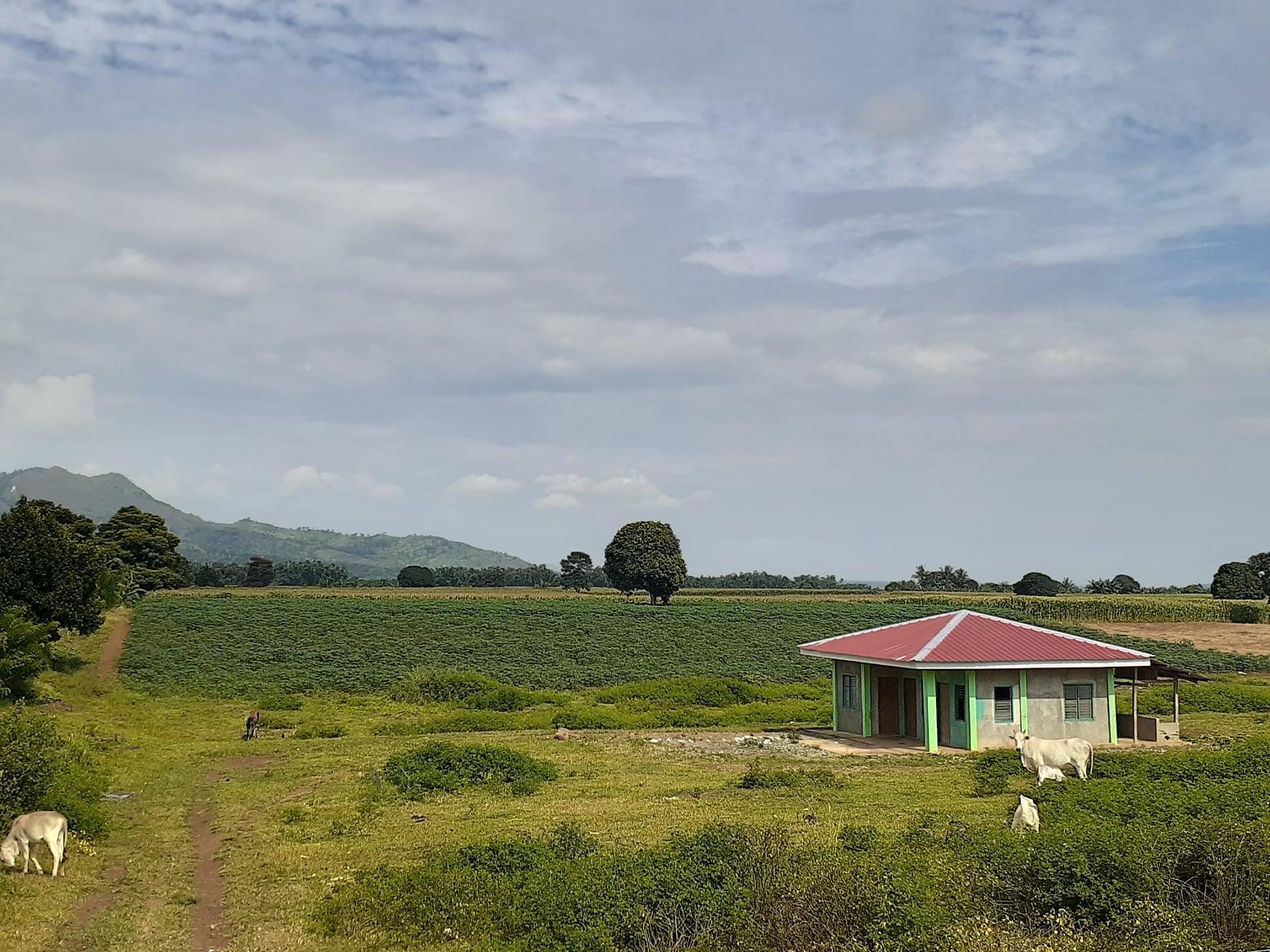
BUKIDNON, PHILIPPINES – The story of the Sumilao farmers boasts of a successful but long and hard struggle for their right to land. In 1997, 18 members of Mapadayonong Panaghiusa sa mga Lumad Alang sa Damlag (MAPALAD) went on hunger strike to demand that 144 hectares of their ancestral land be given back to them. They lost their agrarian reform case and the farmers became farm workers on their own land. Later, San Miguel Corporation came into the picture and acquired the land from the previous owner who contested the land distribution to farmers under the Comprehensive Agrarian Reform Program (CARP). In 2007, when CARP was about to end, the Sumilao farmers again staged a protest by walking 1,700km from Sumilao in Bukidnon, to Manila in 60 days. They were able to sustain this march through the support of the Pambansang Kilusan ng mga Samahang Magsasaka (PAKISAMA, a national farmer organization), different local governments, civil society organizations, churches, and different schools. The resounding support for the farmers created public pressure that obliged San Miguel Corporation to give back 144 hectares of land to the farmers in 2008.
Twelve years after getting their ancestral lands back, the 163 farmers each own 1/4 hectares for farming and 150sq m for their homes. The remaining 94 hectares of land is communally owned and managed by PANAW Sumilao Multipurpose Cooperative (PANAW Sumilao MPC) which was established in 2008 when the Sumilao farmers got their land back.
PAKISAMA as a national farmer organization continued to support the Sumilao farmers in organizing and strengthening their cooperative. The leadership of PANAW Sumilao MPC was given trainings regarding financial management, organizational policy formulation, organizational development, and cooperative management. All the leaders know how to write and interpret financial reports and all the members are updated about the cooperative’s status through their annual assessment, general assembly, and strategic planning.
The PANAW Sumilao MPC was able to establish linkages with different government agencies since they were given their certificate of land ownership award (CLOA) in 2008. These partnerships were achieved through a combination of interventions: their success story in reclaiming their lands and gaining profit from farming, the assistance of PAKISAMA, and support from AFOSP-MTCP2. Specific to AFOSP-MTCP2, the cooperative was able to come up with project proposals as outputs of different capacity building activities. The proposals were aimed at tapping available resources of government agencies and other organizations which were identified through various networks that the cooperative was introduced to through PAKISAMA and AFOSP-MTCP2.
The different resources tapped by the cooperative from numerous networks and established linkages were used to develop the communal farm for planting coffee, corn, cacao, cassava, tiger grass, and bamboo. They were also able to develop the value chain for corn and have produced corn brew, corn grits, and corn bran. Through the years, the cooperative was also able to access farm machinery, equipment, and facilities such as solar and mechanized dryers, vehicles, and construction of their cooperative office.
Income from the communal farm and pre and post-harvest services of the cooperative were used for expansion. The cooperative was able to finance the construction of their motor pool and storage facility. They were also able to provide equity for the electrification of the mechanized corn dryer project from the Department of Agriculture (DA) worth PHP 7.5 million (USD 155,995). Currently, the cooperative has PHP 1.8 million (USD 37,438) in capital shares, PHP 31 million (USD 644,781) worth of assets, and has continuously paid for the amortization of their 144-hectare property.
Families of the 163 farmers also benefitted from partnerships with different organizations and government agencies. They were able to access seeds and develop their own seed banks. They are also practicing an integrated diversified organic farming system (IDOFS) in their own farm lots. Noland Peñas, farmer leader of PANAW Sumilao MPC, explains that involving family members in IDOFS and new farming techniques and innovation, and adding value chain to crops like corn and cassava, result in increasing monetary value of crops. This ensures that families have income from farming on a regular basis, and if incomes increase, they can avail of cooperative services which in turn translates to income that goes back to the members.
Aside from pre and post-harvest services and dividends, the PANAW Sumilao MPC members can also avail of loans with low-interest rates, emergency funds, health insurance, and death benefits from their cooperative. Jogelyn Ligayao and Elgine Orquillas, both officers of the cooperative, also shared that they have come a long way from being farmers without land to farmers who can stand their ground because they have land. Their families have homes, utilities, and enough food. All third-generation farmers, their children, are going to school, they have money to buy clothes and invest in motorcycles and gas. These gains have led to the increase in active members of the cooperative, with its members also contributing to strengthening their community.
PANAW Sumilao MPC is recognized as a model organization for agrarian reform. Other organizations in their area ask them for advice for their agrarian issues. They are also actively engaged in different local development councils and has members who are also local government officials. The organization’s women’s committee was also instrumental in reactivating the Violence Against Women and Children desk of their local government. The cooperative is also able to contribute to addressing the needs of their local schools and disaster response needs of neighboring towns.
The cooperative’s pre and post-harvest services also cover three other towns. It is also able to provide work for farm workers at a daily rate of PHP 180 (USD 4), far from their wages of PHP70 (USD 1.5) when they were still working in other people’s lands. For the next five years, the cooperative plans to be a consolidator for all its members’ products, continue to improve on the value chain of corn and cassava and expand their services and facilities for the farmers in Sumilao and other towns.






Comments are closed